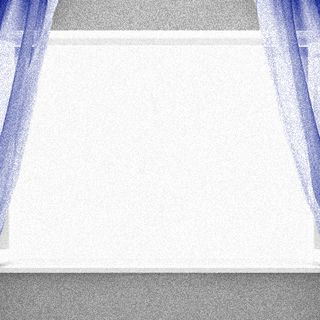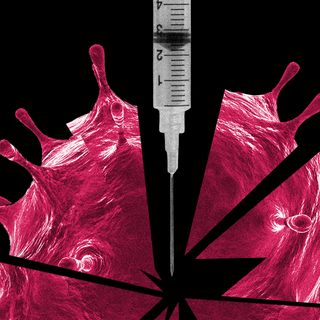A person’s teeth don’t touch unconsciously when they’re relaxed. Jaw and teeth clenching require effort — think an animal priming itself to attack. Thus, unconscious teeth clenching and grinding, which is medically known as bruxism, can be a sign of the body’s discomfort with something, or become a serious health concern in extreme cases.
What is teeth grinding?
Teeth grinding, or bruxism, is the unconscious clenching/gnashing/grinding of one’s teeth. This can happen while a person is asleep or while they’re awake. While mild teeth grinding won’t do any damage, frequent and severe teeth grinding can lead to jaw disorders, headaches, damaged/fractured teeth and other issues, according to the Mayo Clinic.
What are the causes of teeth grinding?
There are two types of teeth grinding — awake bruxism and sleep bruxism. While there are no clear causes for teeth grinding, doctors have spotted links between a host of physical and mental health conditions.
Awake bruxism is related to anxiety, anger, tension and other forms of stress. It might also occur as a tic while one is concentrating deeply. Sleep bruxism occurs because of sleep disorders. One is more likely to grind teeth if they talk in their sleep, display restless movement while sleeping, snore, and have sleep paralysis. Disorders like sleep apnea are linked to teeth grinding too.
Related on The Swaddle:
Transgender Kids’ Brains Reflect Their Gender Identity in Structure and Function
Certain factors can also increase the risk of unconscious, compulsive teeth grinding. These include smoking, excess alcohol use, using recreational drugs like ecstasy and cocaine, age (young children in particular), taking medication like selective serotonin reuptake inhibitors (SSRIs), and a high-stress environment/competitive personality.
Teeth grinding is also associated with disorders like gastro-esophageal reflux disorder (GERD), epilepsy, Parkinson’s disease, dementia, and attention-deficit/hyperactivity disorder (ADHD).
What are the symptoms of teeth grinding?
Symptoms of teeth grinding, according to NHS U.K., include facial pain, headaches, ear-aches, jaw stiffness and pain, disrupted sleep, disrupting others’ sleep (specifically, those who sleep next to you and can hear you grind your teeth), worn-out teeth, highly sensitive teeth, broken teeth/filings. Chewing the insides of one’s cheek as a side-effect might also lead to damage to the skin inside the mouth. The headaches and pain usually stop after teeth grinding, but tooth fractures and damage will require a dentist visit to fix.
How do I stop grinding my teeth?
Most importantly, it is necessary to visit one’s dentist and doctor in case of tooth damage and severe tooth grinding to uncover causes before seeking treatment.
Mouth guards help protect one’s teeth while asleep. They create a physical barrier between teeth to prevent contact and to reduce grinding noises. They are usually made from rubber or plastic, and are customized by a dentist to fit into a person’s mouth properly.
Receiving therapy to create healthy coping mechanisms for anxiety and to find ways to relax according to one’s personal needs can also help curb teeth grinding during the day.




